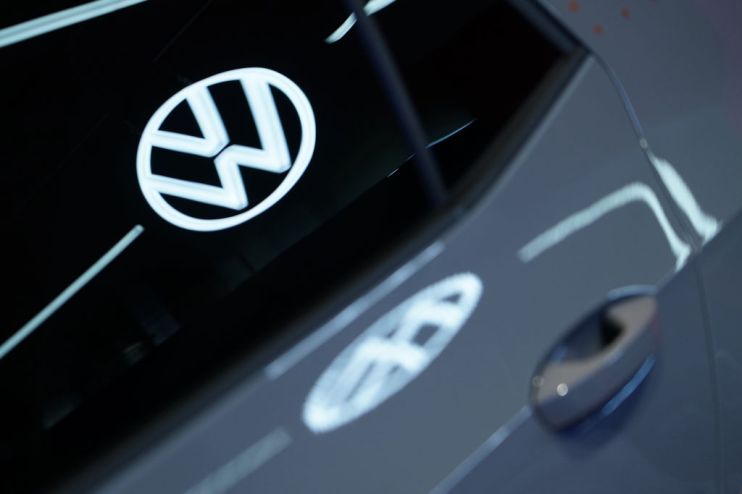Stellantis sounds the alarm for job cuts and lower quality vehicles following electric transition

The charge to electric vehicles will see job cuts, higher prices, or both according to the world’s seventh largest car maker.
Carlos Tavares, CEO of Fiat and Vauxhall producer Stellantis, warned yesterday that intensifying calls from investors and governments to transition to electric vehicles is pushing the industry to its limits.
Speaking at a Reuters conference, he said the push for car makers to go green was placing the sector under immense financial strain, which could potentially threaten jobs and vehicle quality.
The car-making chief suggested the price of producing electric vehicles is “beyond the limits” of what the industry can sustain, with electric vehicles costing 50 per cent more to produce than conventional cars powered by fossil fuels.
Tavares argued increasing pressure from governments and investors to shift to electric vehicles was placing car makers in a difficult situation where they would have to choose between two deeply unattractive options: charging higher prices to consumers or accepting smaller profit margins.
The higher costs were in his view, unlikely to be embraced by middle-class consumers.
The green transition is also highly dependent on new technologies, and the automaking chief believed companies needed time to adapt to quality control was maintained.
Tavares said that pushing to speed that process up “is just going to be counter productive. It will lead to quality problems. It will lead to all sorts of problems.”
Stellantis is aiming to avoid cuts by boosting productivity at a pace far faster than industry norm.
The CEO said: “Over the next five years we have to digest 10 per cent productivity a year … in an industry which is used to delivering two to three percent productivity.”
His comments follow mounting pressure from governments worldwide, with the COP26 climate summit in Glasgow including pledges to end the sale of fossil fuel cars in developed economies by 2040.
The UK has even established its own policy to ban the sale of new petrol and diesel cars by the end of the decade.
Despite his concerns, Tavares has accelerated Stellantis’ electric vehicle development, committing €30bn through 2025 into developing new electric vehicle designs, building battery plants and investing in raw materials and technology.
Meanwhile, Europe’s largest car maker Volkswagen is looking to strike new partnerships to build up its electric vehicle capacity in a market defined by volatility amid pandemic turbulence and soaring costs involved in the transition to electric vehicles.
Board member Thomas Schmall revealed yesterday at the same conference that its planned European battery cell plants and securing vital raw materials will cost as much as $34bn.
Facing the challenge of soaring costs, it is seeking outside partners to fund its expansion with announcements of co-operative agreements expected over the coming weeks.
Electric vehicle costs are expected to fall, as analysts project battery electric vehicles and combustion vehicles could reach cost parity during the second half of this decade.
Like other automakers that earn profits from combustion vehicles, Stellantis is under pressure from electric vehicle maker Tesla Inc and other pure electric vehicle startups such as Rivian.
The electric vehicle companies are far smaller in terms of vehicle sales and employment, yet investors have given Tesla and Rivian higher market valuations than the owner of the Jeep SUV brand or the highly profitable Ram pickup truck franchise.